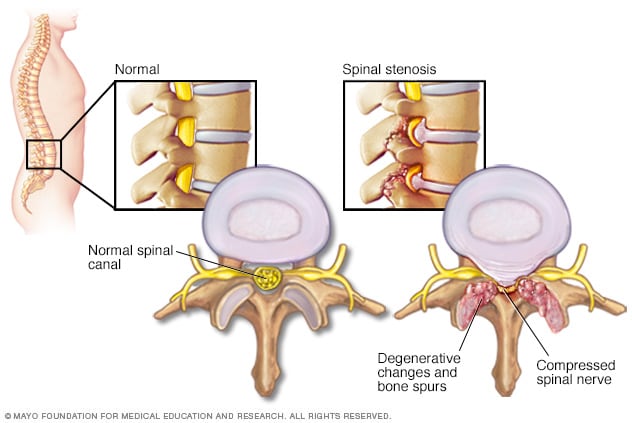Stenosis (noun) – a narrowing or constriction of the diameter of a bodily passage or orifice.
Source: https://www.merriam-webster.com/dictionary/stenosis
From: “The Cheater’s Guide to Love” by Junot Diaz
“The numbness in your arms and legs increases. You return to your doctors and they send you over to a neurologist, who sends you out for an MRI. Looks like you have stenosis all down your spine, the doctor reports, impressed.”
Here, the word stenosis is used to describe a condition that the narrator is suffering from. He is unable to lift heavy weights now. This shows that the narrator is getting older and probably won’t have the ability to actively date now. Also, due to the depression from his ex-girlfriend leaving him, the narrator is gaining weight and his spine is unable to support it.




